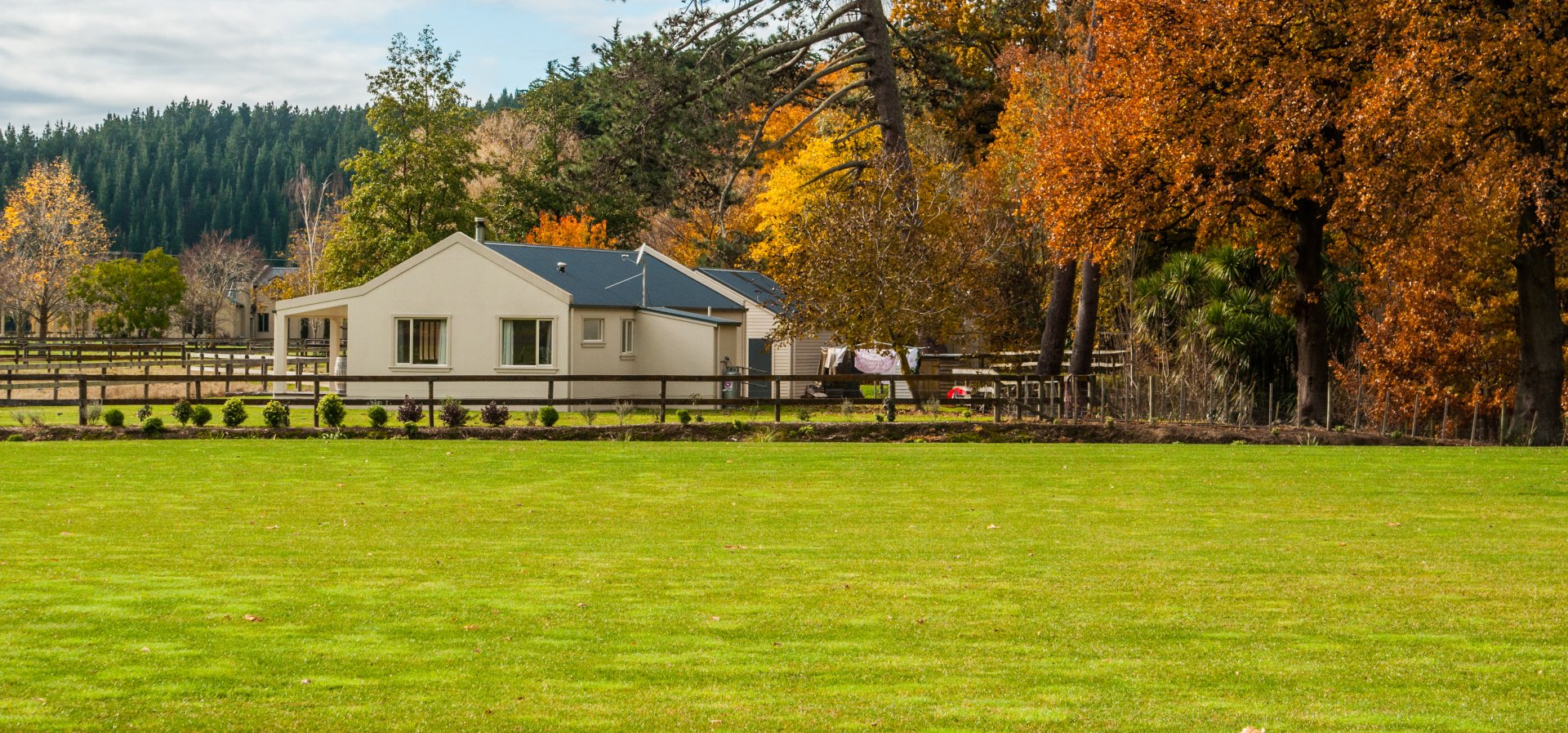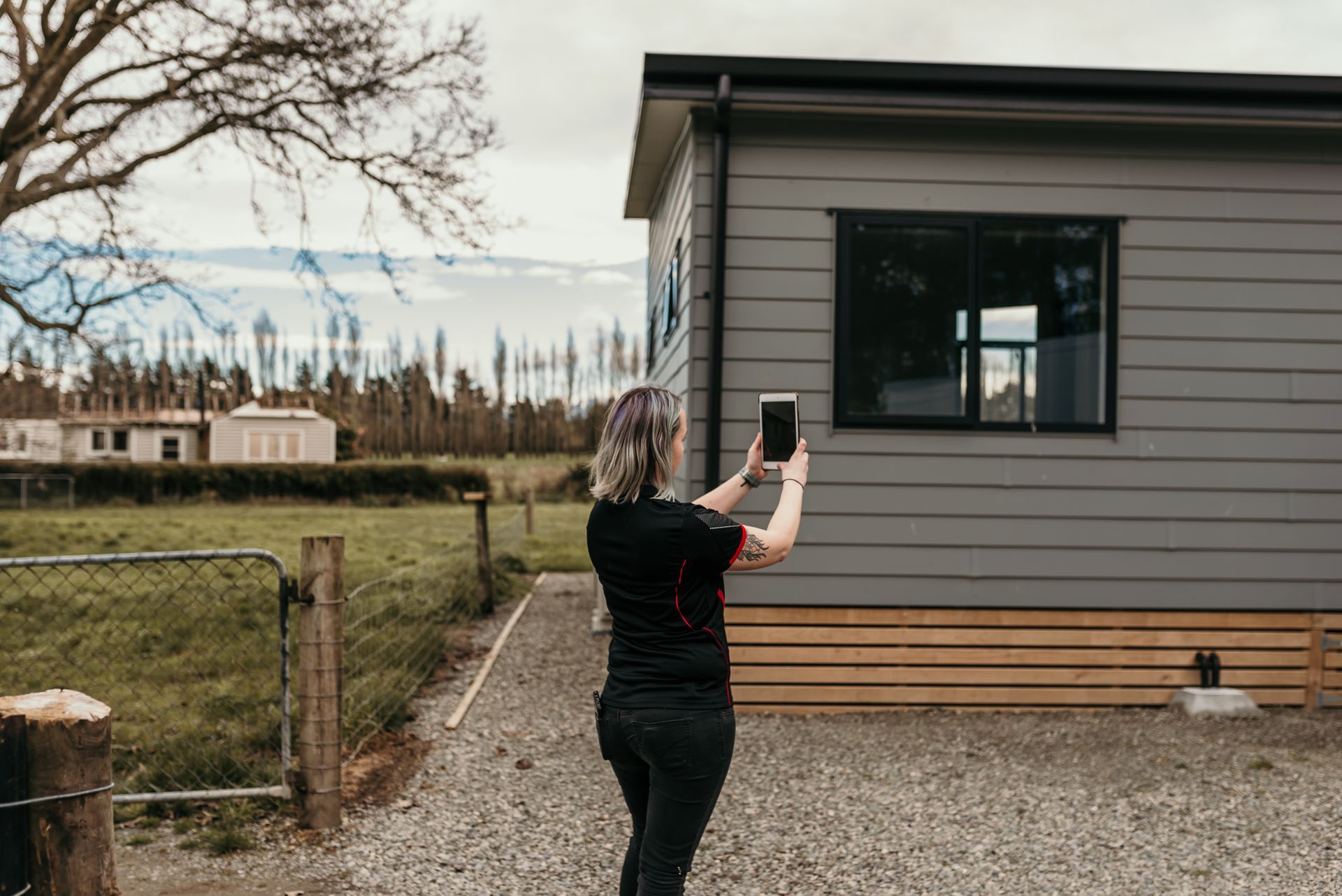Understand Your Waterworks
I found myself saying this week “I hate water!” I immediately felt bad for saying it! I know that it is the lifeforce around which we all revolve. I understand we need it to live – but honestly…this week….this month…this quarter! I am over it! And I rest easy knowing I am not alone.
There are some events we have no control over – the horrendous flooding and unprecedented downpours. We need to band together, help our fellow man and inevitably as heart wrenching as these events are, they do bring out the best in most of us, as we rally around those affected and lend a hand.
However – the day to day plumbing or lack of, is a different story. We want and need our plumbing to be up and running, to this point I think our go to plumber is the main tradie to receive the “sorry its night time but….”call.
In this past month when resources have been stretched, I have learnt more about plumbing, drainage and leaks than ever before in my life.
I think I would be right in concluding that for all the fears landlords have about problem tenants, pets etc (Thank you Renters!) far more money will be spent on leaks and the damage caused. Both from pipes and from the roof and guttering.
What I have learnt is valuable for all people to have a basic understanding of – landlords, tenants and homeowners –
In our area most of our waste goes through our septic tank and then the general water such as bath, shower etc goes out to a soaker pit. But what happens when the pit becomes full? Is that even possible? We are surrounded by riverbeds and such, and the idea of the ground being full did not even occur to me. So in the event of a massive rain we need to be careful and send out only what we have to – or our septic will be put under pressure and the waste water will come back up the drain.
Speaking of septics – they are a precious concoction of good bacteria and as such we need to look after them. No harsh chemicals or detergents and toilet paper (but not too much) is the only thing other than the obvious which should head down there.
Clean your gutters (or employ a professional to do so) the build up of debris in your gutter will cause rain water to back flow into your eaves and inevitably make its way into your roof cavity.
Last – but certainly not least – carry out a regular check of your pipes – under your sinks and your hot water cylinder if you have one. Those small leaks add up pretty quickly and if caught in time can save a whole lot of time and money, and goodness knows we all need more of both!














